Papaya is a popular food. The papaya fruit is used when green as a vegetable (in salads, stir-fried, cooked, stewed) or eaten ripe as a fruit.
Raw papaya flesh contains 88% water, 11% carbohydrates, and negligible fat and protein. 100g of papaya provides 43 kcal, 75% of daily vitamin C needs, 10% of daily vitamin E and folate needs. Unripe papaya exudes latex, which can cause irritation and allergic reactions in some people.
Physician Bui Dac Sang, Hanoi Oriental Medicine Association, said that papaya is a delicious, easy-to-eat fruit that is very good for health and has medicinal properties. For a long time, science has researched and discovered that eating papaya has a good effect in preventing colorectal cancer.
The fiber in papaya can “collect” disease-causing toxins in the colon and protect healthy cells from the risk of infection.
Papaya also contains nutrients such as: Folate, vitamin C, beta-carotene, vitamin E, which help reduce colorectal cancer, especially preventing the attack of free radicals that damage DNA. Therefore, increasing your intake of papaya is also a good way to prevent colorectal cancer.
In addition to helping prevent colorectal cancer, physician Bui Dac Sang said that papaya contains lycopene which has a positive effect on men in reducing prostate cancer.
People who have a habit of eating foods rich in lycopene such as papaya, tomatoes, carrots, dark grapes, watermelon... reduce the risk of prostate cancer by up to 82% compared to people who do not eat these foods.
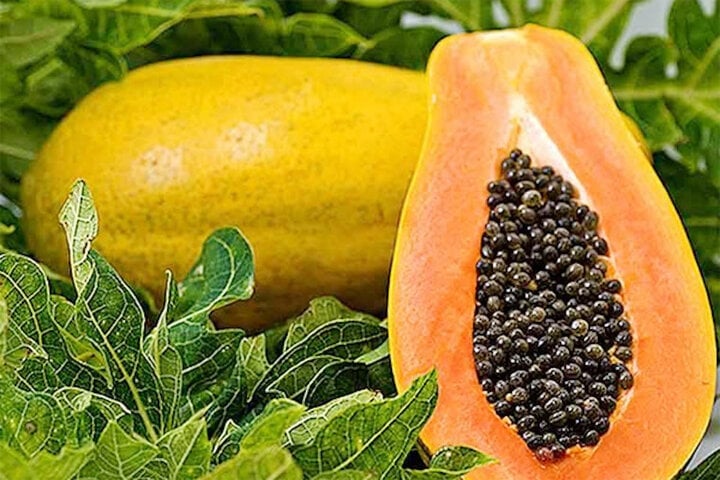
Papaya has medicinal properties.
According to the Clinical Nutrition Center of K Hospital, papaya contains the enzyme papain (which helps break down protein) which inhibits bacteria, reduces swelling after surgery, and destroys the protein membrane surrounding cancer cells, helping the body destroy cancer cells. Experimental research shows that lycopene in papaya inhibits the growth of breast and liver cancer cells.
In addition to the fruit, papaya leaves are also used for cooking, many people use papaya leaves as a medicine. Papaya leaves contain small amounts of protein, lipids, carbohydrates, in addition to fiber, beta-carotene, some vitamins (B1, B2, B3, B6, B9, C) and minerals (calcium, magnesium, iron, phosphorus, K).
Papaya leaves also contain a number of biological substances that have antioxidant, antipyretic (flavonoids, comaurins), anti-cancer (cyanogenic glycosides), and anti-diabetic (quinones) effects.
Papaya leaves are being studied for their effects and therapeutic uses. A study with dried papaya leaf extracts showed that they inhibited the growth of certain tumor cells, enhanced cytotoxicity against cancer cells, and regulated genes involved in antitumor activity.
Papaya leaves have benefits, but there are also potential risks of harm. Furthermore, drug-herb interactions can occur between papaya leaves and some medications used to treat diabetes and some antibiotics.
Experts recommend not to arbitrarily use natural papaya leaf juice to treat diseases without advice from medical staff.
Source







![[Photo] Prime Minister Pham Minh Chinh chairs the Government's special meeting on law-making in April](https://vstatic.vietnam.vn/vietnam/resource/IMAGE/2025/4/13/8b2071d47adc4c22ac3a9534d12ddc17)


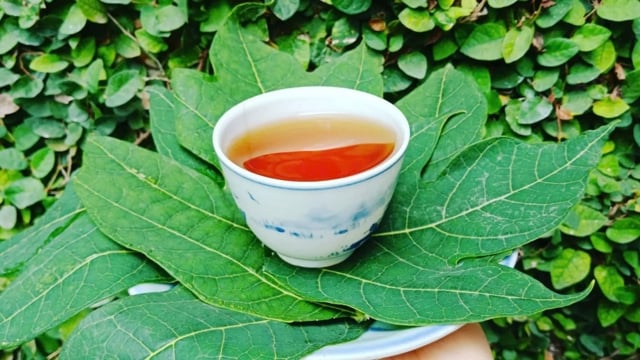
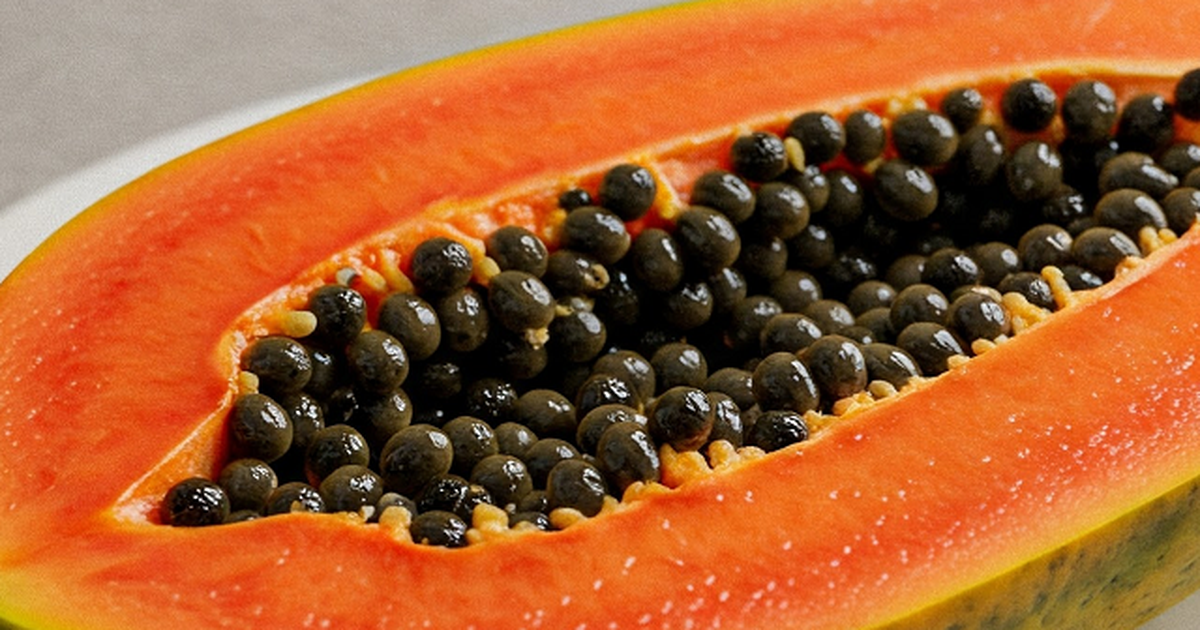


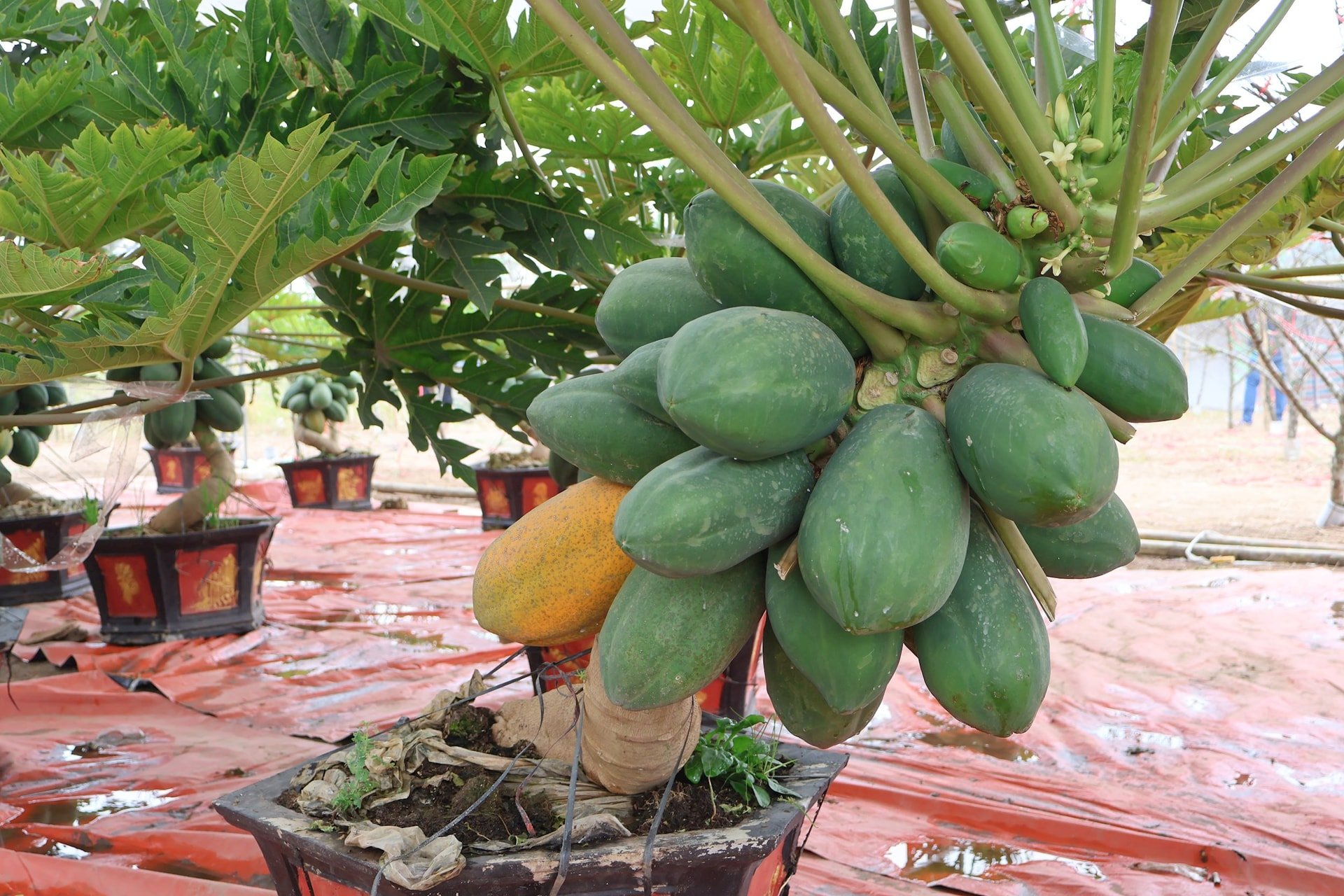

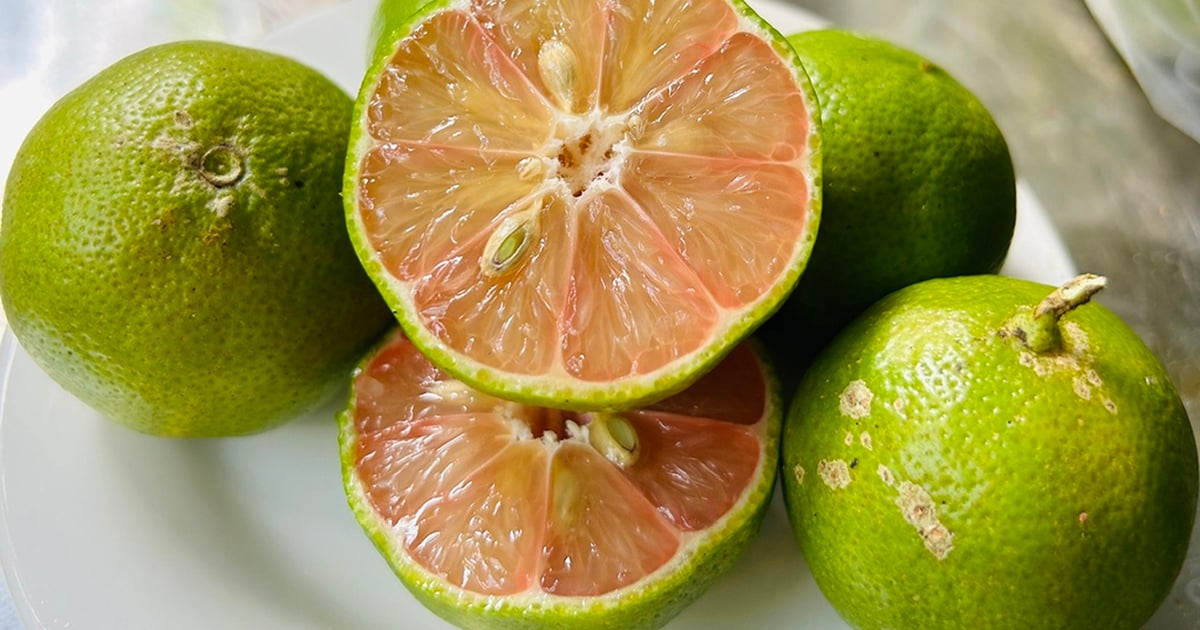



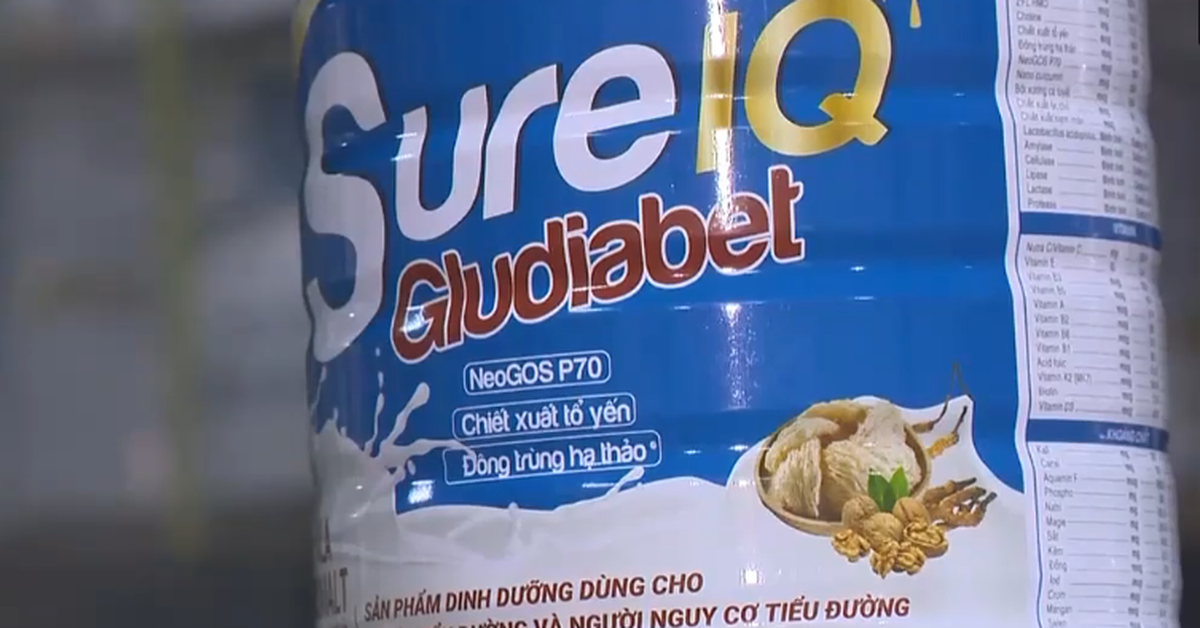
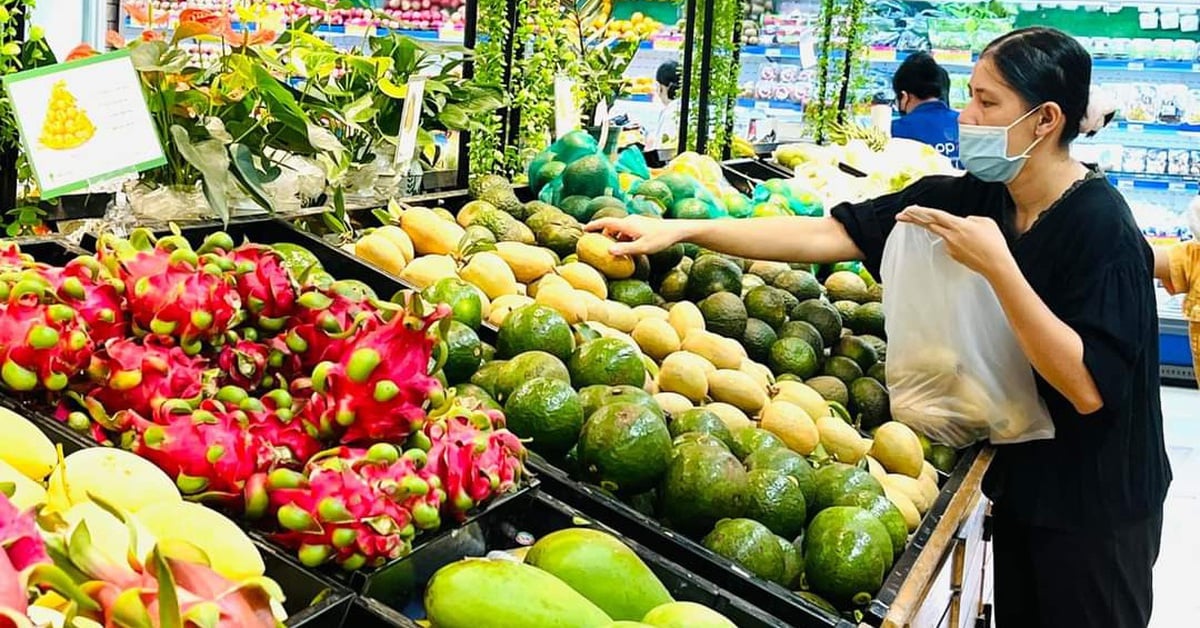









![[Photo] Closing of the 11th Conference of the 13th Central Committee of the Communist Party of Vietnam](https://vstatic.vietnam.vn/vietnam/resource/IMAGE/2025/4/12/114b57fe6e9b4814a5ddfacf6dfe5b7f)































































Comment (0)